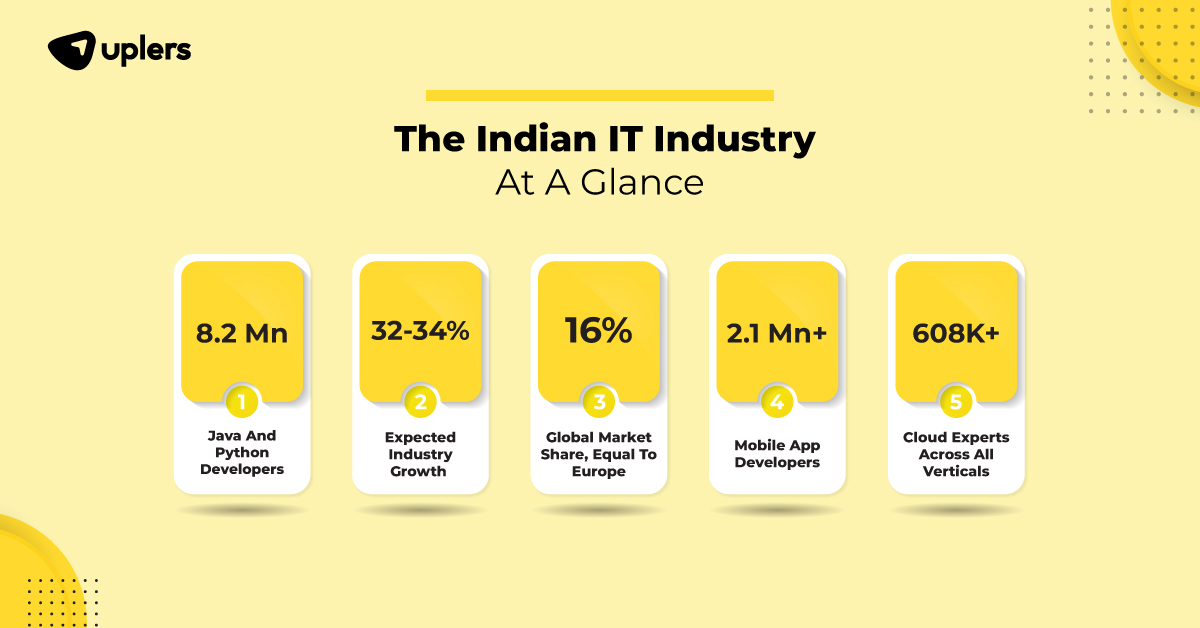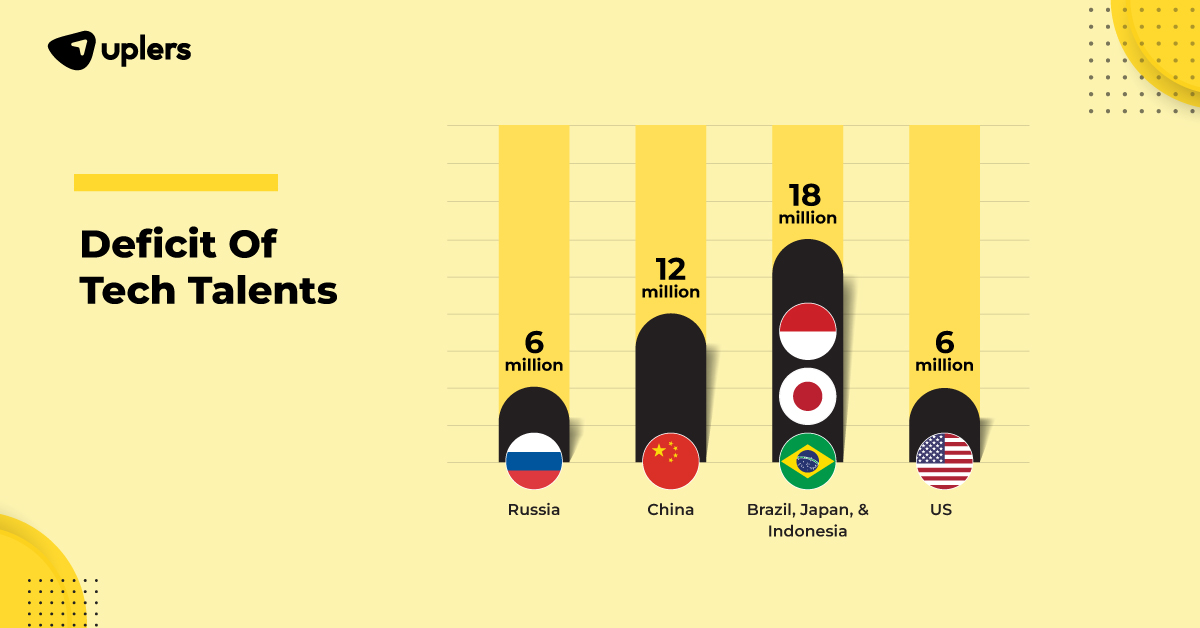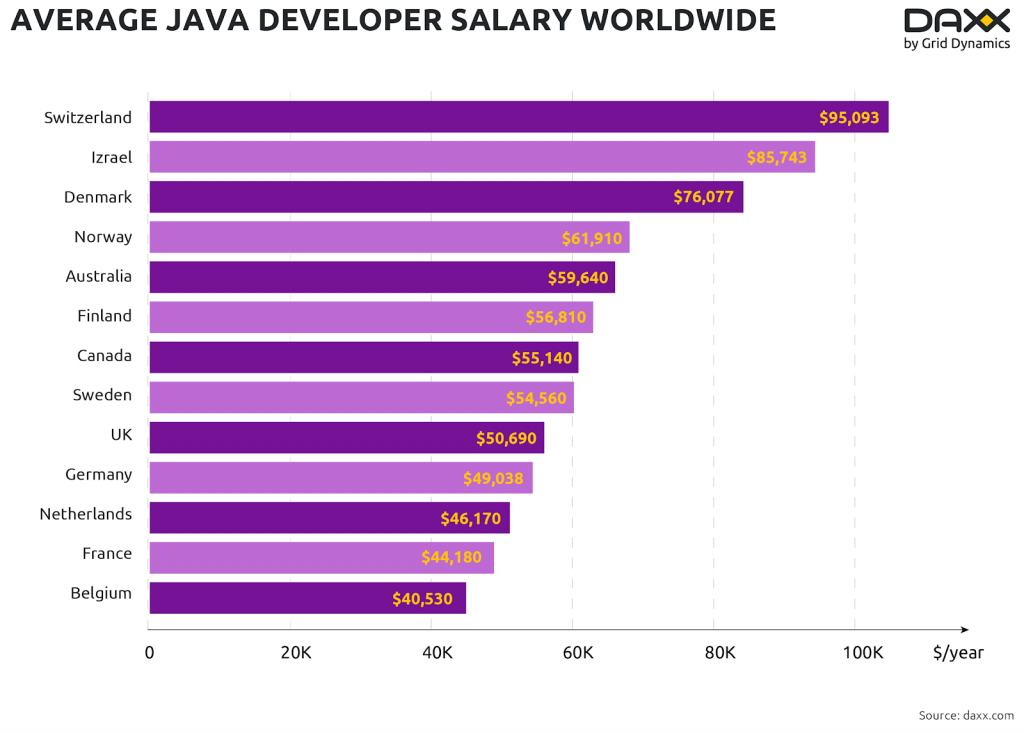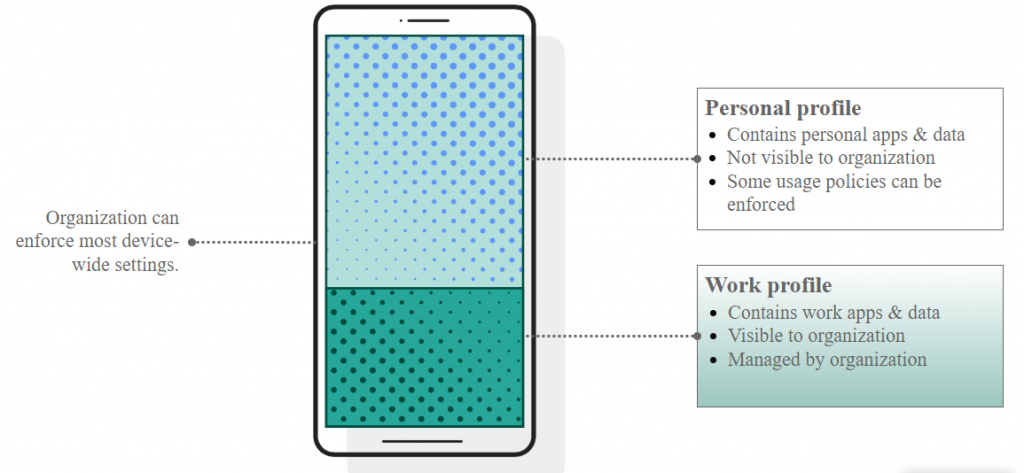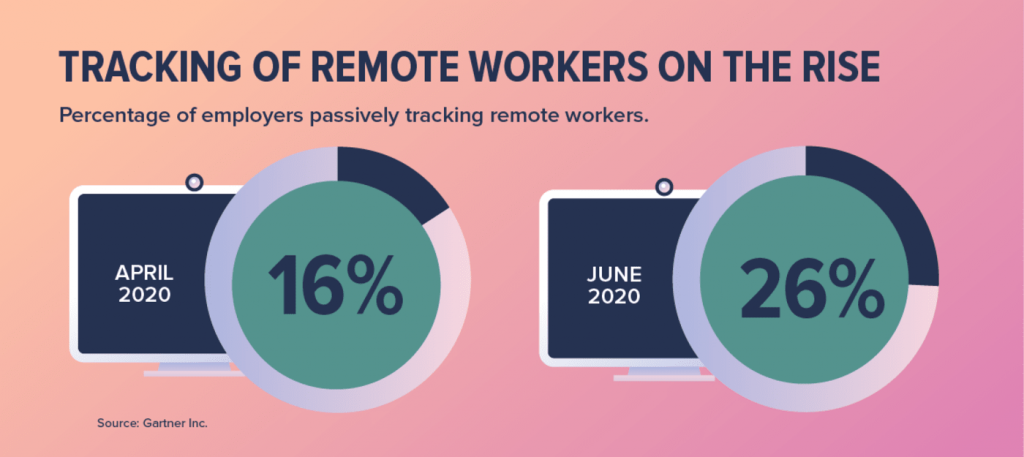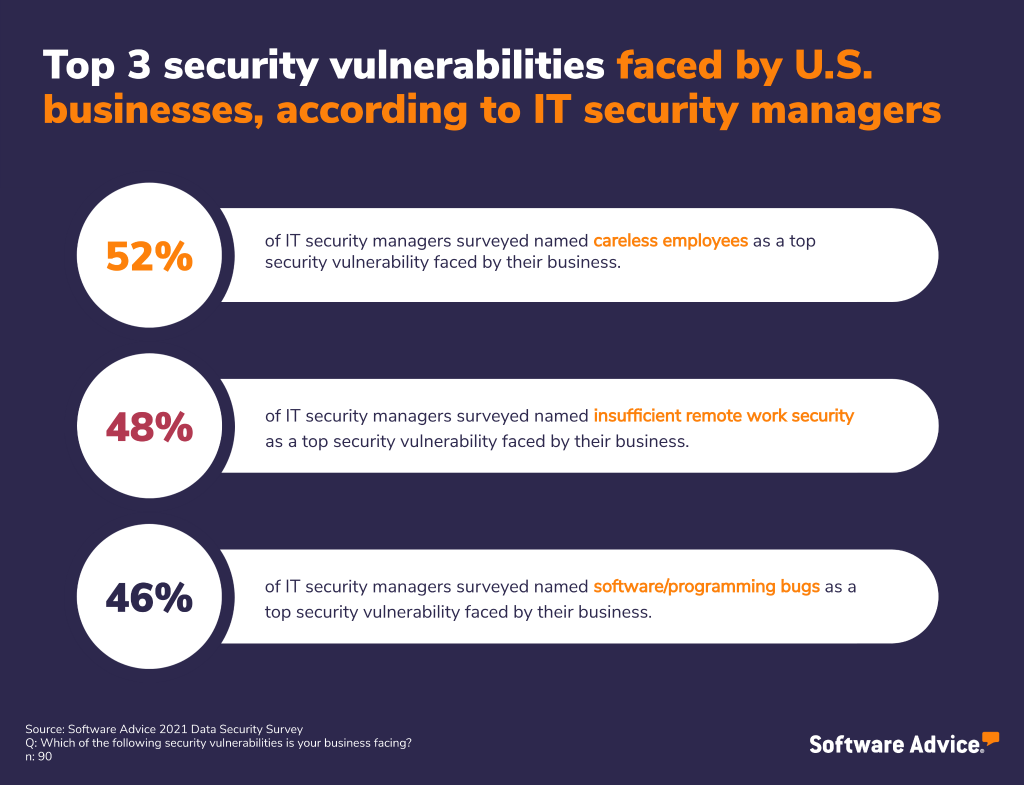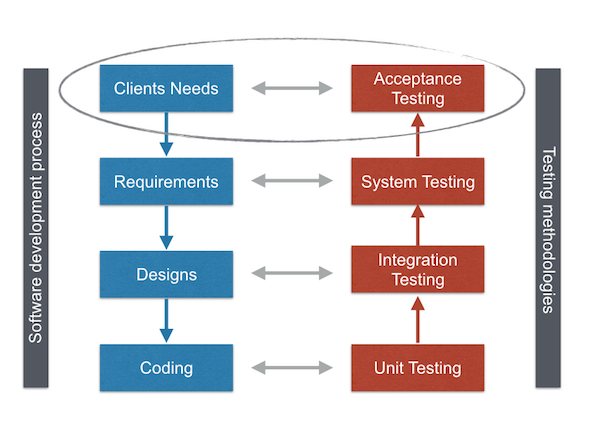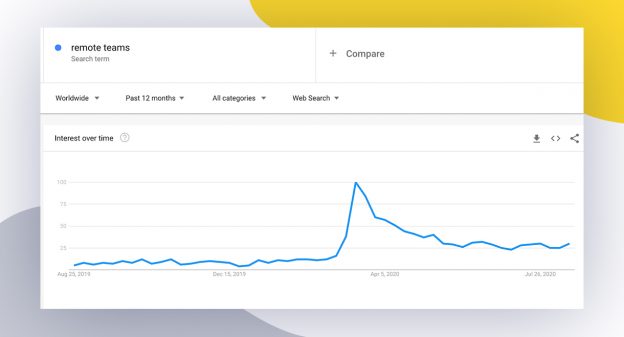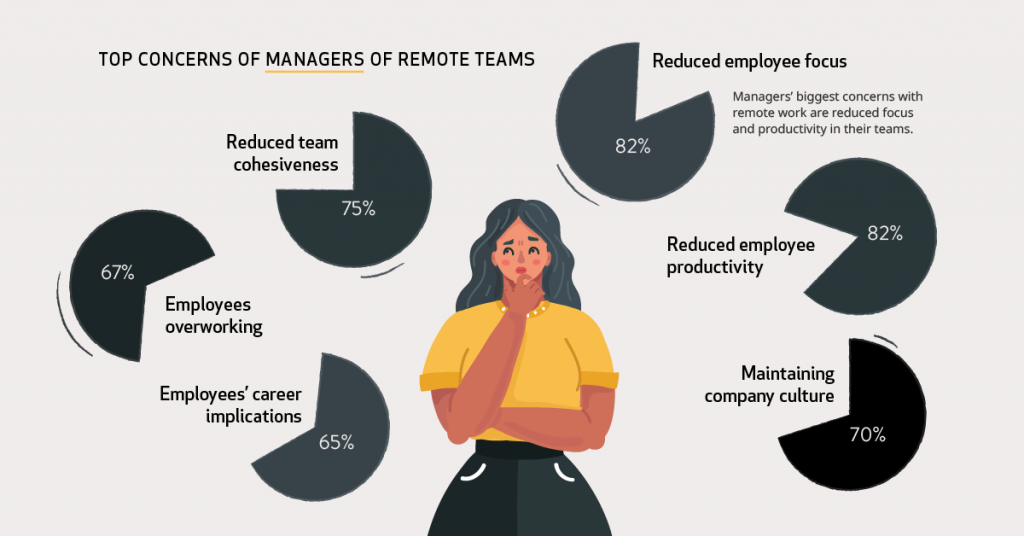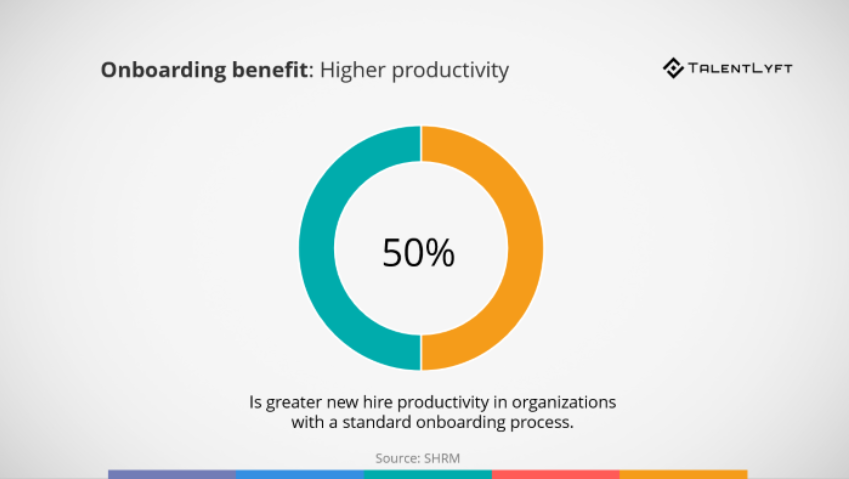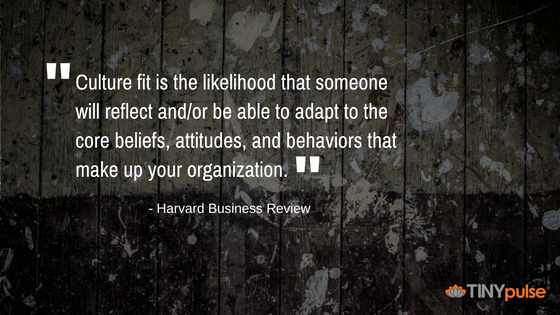As Peter Drucker, the famous management consultant, once said, “The only source of sustainable competitive advantage is knowledge.” In today’s global economy, knowledge and skills are more important than ever before. Companies that can attract and retain top talent will be the ones that thrive in the years to come.
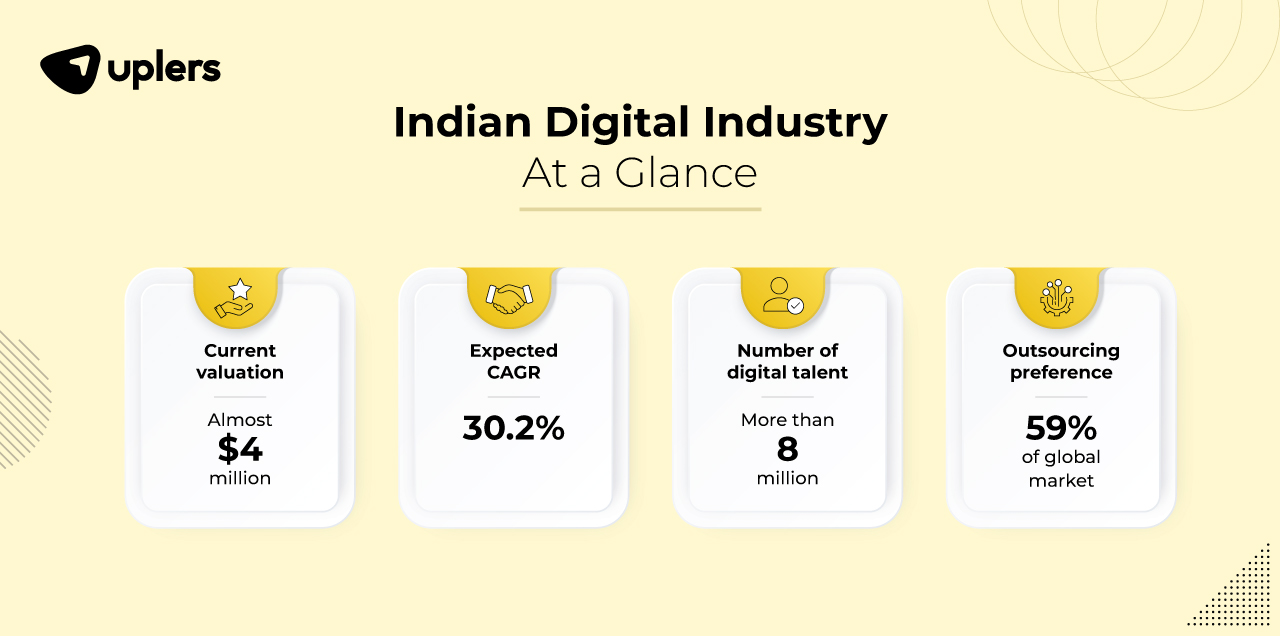
“I think India has more promise than any large country in the world,” – Elon Musk. And indeed, India is on the rise as a global talent superpower. Indian talent is independent, skilled, resilient, agile, and ready to take on the world. They function autonomously without constant supervision. India is poised to become a global talent superpower.
As Steve Jobs once said – “When you have really good people, you don’t have to baby them. By expecting them to do great things, you can get them to do great things. A-plus players like to work together, and they don’t like it if you tolerate B-grade work.”
In 2030, India stands tall with more than 6 million digital talents, the highest in the world. The country also attracts the most demand for outsourcing these talents. These trends are set to scale new heights as the country has the infrastructure and education system to consistently generate skilled digital talent.
India vs The Global Digital Talent Deficit
Post-pandemic the tech and digital landscape has experienced drastic changes. The demand for talent has skyrocketed, but the supply has not kept pace. The hiring challenges employers are facing today is not the sharp rise in the demand for digital talent, but the lack of suitable candidates.

To overcome the talent shortage amidst the uncertain economic conditions, digital agencies are now opting for a non-traditionalist approach. The employers are looking at talent-rich regions with highly-skilled and financially-viable candidates.
“The war for talent is over. The talent shortage has begun.” – McKinsey & Company
The global digital advertising and marketing industry is growing at a quick pace, even during uncertain economic conditions. It was valued at USD 531 billion in 2022, and is expected to grow to USD 1.5 trillion by 2030. It would be a major tragedy if this industry’s growth is stunted due to shortage of talents. Hence, its future depends on the ability of digital agencies to attract and retain the best and brightest talents.
India has a vast network of global-ready, skilled, and educated talents, best suited to tackle the impending talent crunch. Naturally, companies all over the world are shifting their gaze towards India. There are around 150,000 job postings for digital marketing roles, with 34% of jobs outsourced from global companies.

Skill-based Hiring: Why India Is Winning The Global Talent Race
Modern talent acquisition strategies are centered more around a candidate’s skills and abilities, and less towards their academic achievements. In any digital agency, an ideal talent is innovative, problem-solver, collaborative, and result-oriented, in addition to being highly educated. This need for multi-dimensional talent has propelled agencies to prioritize a skill-first approach during hiring.
Bill Gates had put it quite beautifully while speaking about Microsoft’s success “If we weren’t still hiring great people and pushing ahead at full speed, it would be easy to fall behind and become a mediocre company.”
The role a Top talent plays in creating a successful business is unfathomable. Hence, 76% of global employers are now moving towards skill-based hiring, where candidates are judged on their knowledge and achievements, and not just education. 50% of these employers have also introduced role-specific tests.
This change is catching up fast across industries, as several professionals do not need a degree to perform their jobs. Apart from skill, cost-effectiveness is another crucial factor. With uncertain economic conditions, digital agencies are more financially cautious, which reflects in their hiring strategies. As they look frantically for skilled talents who fall within their budgets, they arrive in India.
It is well-known that Indian talent is much more cost-effective than US or European talents. In fact, businesses can save up to 40% on employment costs by choosing to hire Indian talents. However, it is very reductionist to look at Indian talents merely as a cost-cutting measure.
Thanks to their versatile qualities, Indian talents are transforming hiring for global digital agencies during difficult economic conditions.
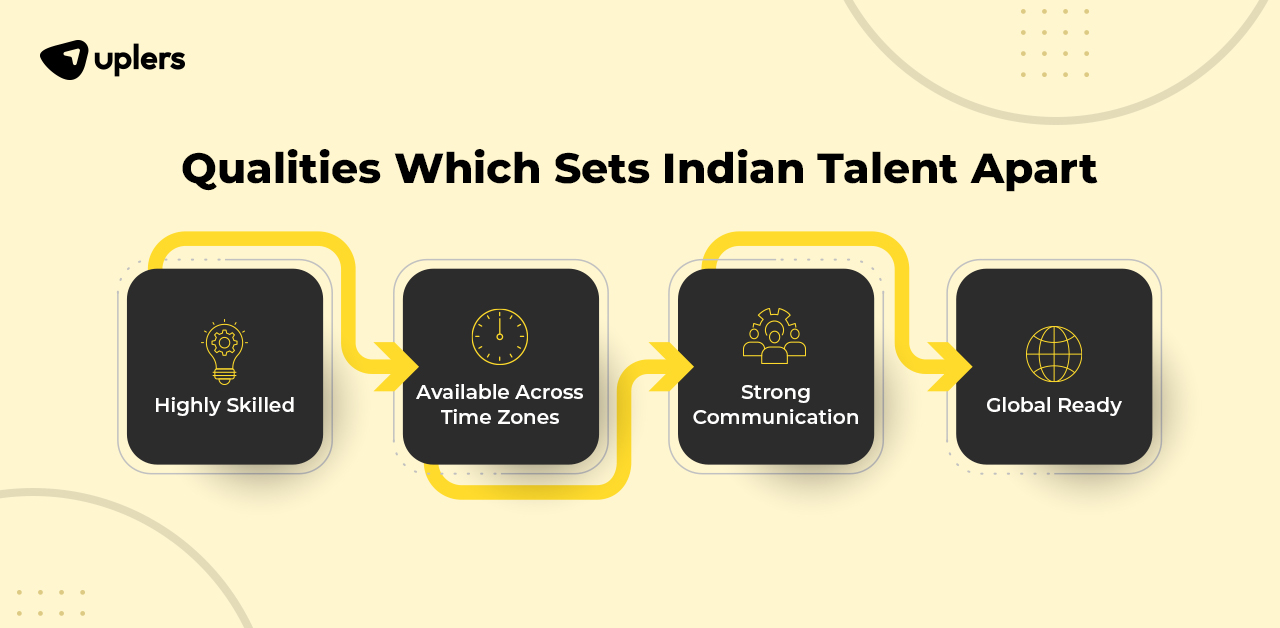
Highly Skilled
India has the largest talent pool in the digital services industry with over 11 million professionals. Let’s look at some numbers that will blow your mind.
- 9.75 million developers in India use GitHub, 2nd largest after the US
- Over 5 million web developers
- More than 1.5 million talents in the digital marketing space
Available Across Time Zones
Indian talents are flexible to different time zones and adapt seamlessly. The talent is aligned with the concepts of synchronous & asynchronous working style. The ability to adapt and imbibe the working styles of different work cultures makes Indian talent much more desirable for global digital agencies.
Strong Communication
When it comes to remote team communication, individuals from India possess a remarkable talent for understanding non-verbal cues, allowing them to engage in virtual workplace interactions that are both respectful and effective. Their confident and clear expression leaves little room for confusion. Furthermore, they exhibit exceptional responsiveness and articulate communication skills, facilitating seamless interactions via phone and email, and fostering heightened efficiency and collaboration within the team. This is extremely important to digital agencies, as Indian talents can collaborate well with different departments and communicate with clients with confidence.
Global Ready
82% of US agencies prefer to outsource web development tasks to India. This is because the agencies find Indian talents to be on top of global trends and proficient with the latest technologies, making them an asset for their business.
The productivity, expertise, and adaptability of Indian talents make them the perfect scouts for digital agencies looking to hire the best minds.
Uplers Is Leading The Way With Data-driven Hiring
Technology is at the core of remote hiring, as it helps in streamlining the entire hiring process and automating menial tasks. Talent analytics, a process of making HR decisions about the workforce needs of an organization, is proving crucial to modern talent acquisition strategies. Employers are also leveraging Artificial Intelligence (AI) and Machine Learning (ML) to fine tune their hiring process and improve their efficiency in spotting the perfect candidate.
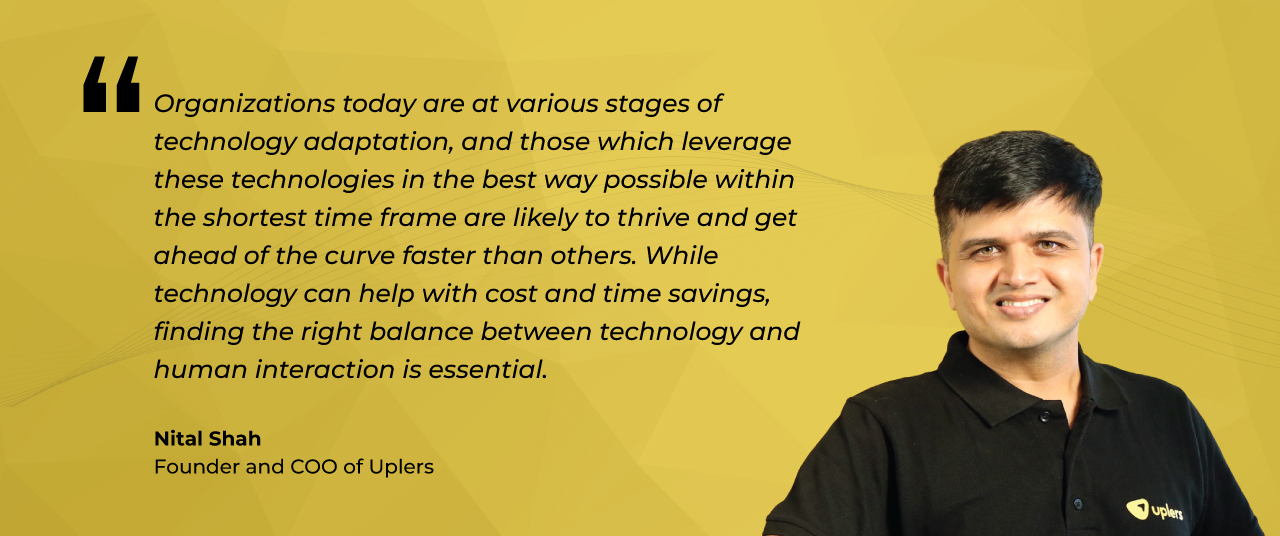
Uplers, with its data-driven hiring platform, is facilitating faster, simpler, and more reliable talent acquisition. Our comprehensive vetting process screens candidates by their technical, cultural, communication, and aptitude skills, to ensure the talent is the ideal fit for your digital agency. We eliminate the dependency on human resources and technical recruiters, so you can simply select your preferred talent profiles and set up an interview.

How Uplers Is Transforming Global Hiring
Hiring is overwhelming if you have to get down to doing it all on your own. Seeking help makes it faster, simpler and more reliable. Uplers is a hiring platform, with access to a well curated pool of Top tech and digital professionals in the country. Uplers has simplified the hiring process into a simple 5 step hiring process.
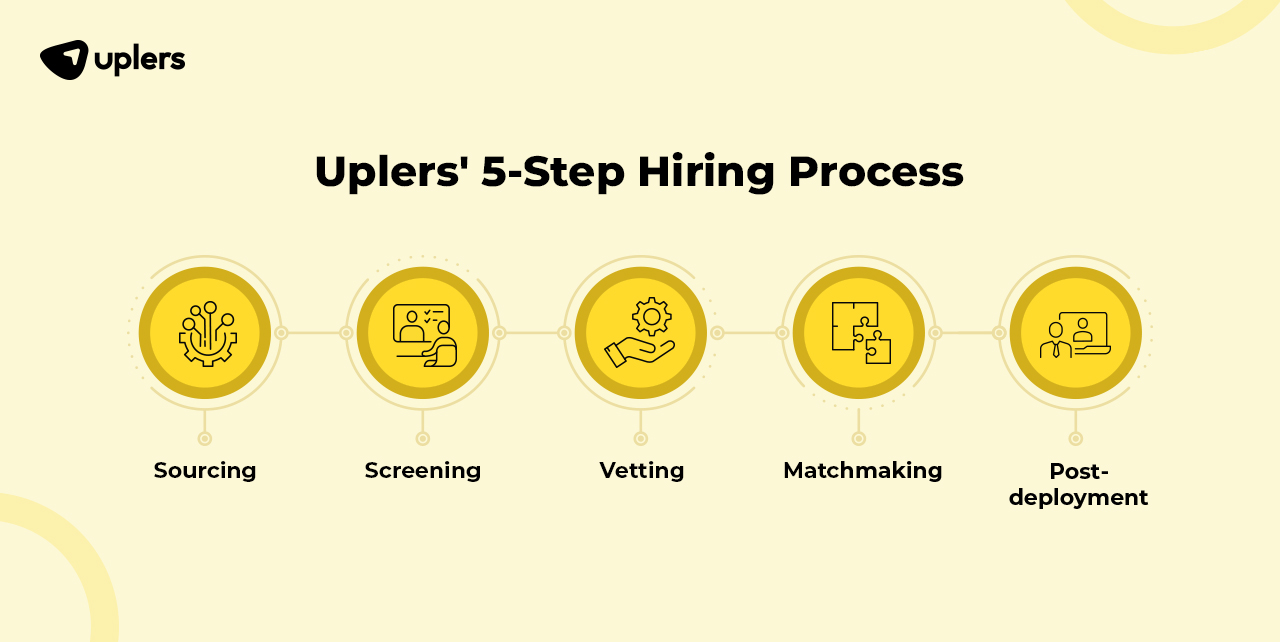
With Uplers, digital agencies can select the right fit from the top 3.5% pre-vetted talents, and onboard the candidate within a 5-day hiring cycle. Our massive network of 500,000+ deeply vetted talents ensures that you find the ideal fit without losing time. We go beyond the traditional paradigms and ensure that the hired talent is indeed the right fit, and extend our support to replace the talent within 30 days if needed. This is how we are transforming hiring for digital agencies.
Look what our clients have to say about us:
“Uplers helped us tap into the global talent pool. Looking beyond geographies makes it easier to find the best talent that fits in with the requirements perfectly.” – Linda Farr, Chief of Staff, Incubeta
Choose Uplers for a seamless and hassle-free hiring experience.


